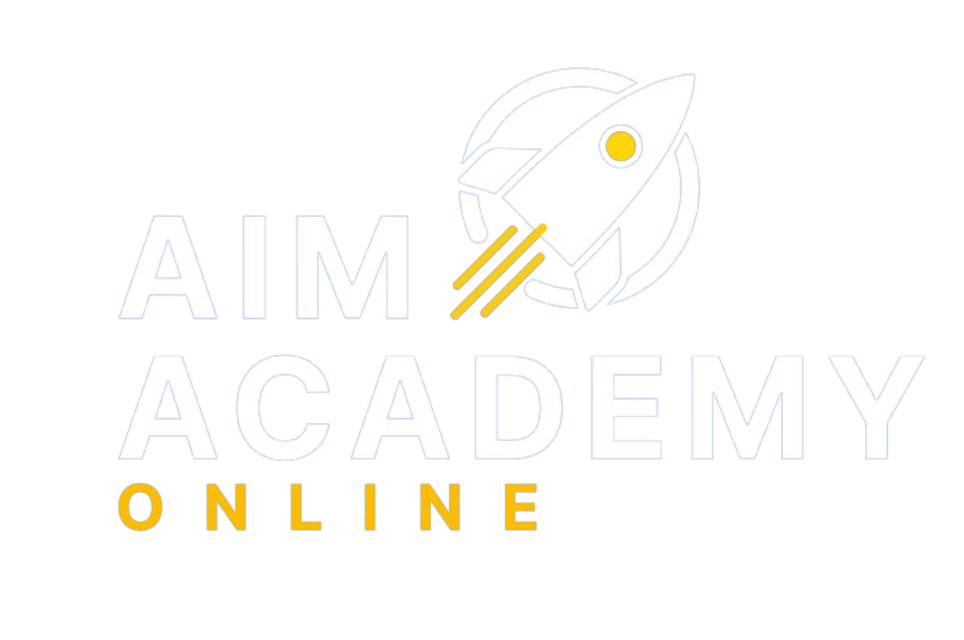Collegebound? What to Do in 10th Grade, Part 3
10th grade is so strategic, I have three mission-critical must do’s for you. Action item No. 1: Help your teen understand how his brain is changing so he can make the most of his newfound potential. Read that post here. Action item No. 2: Increase your teen’s level of responsibility to grease the skids of her budding maturity. Read that post here.
And Now, Action Item No. 3:
Find a strategic summer job, internship, or extraordinary experience to prepare your teen for the decision-making ahead. There are two big reasons for this:
What Are You Going to Be?
Any day now, adults will start obsessively asking your teen what he intends to study in college. Over and over, he will be given the impression that he should know the answer with certitude. And this is anxiety-producing for many.
Did you know what you wanted to do with the rest of your life at age 16? Most teens don’t either. Studies have found anywhere from 30%–80% change their major, most after investing in classes that don’t count toward the new degree.
With no other context to draw on, teens often assume that interest in a school subject, say biology, means they should pursue a career in biology. But there is very little overlap between studying a subject and working in the field.
A better way to go about this is for that biology-loving kid of yours to spend a summer working in a lab, shadowing a veterinarian or medical doctor, or participating in a field study.
Kids need experiences to figure this out and right now there is little cost or lost time involved in getting your child out in the community where she can be exposed to different occupations and the training required.
My son thought he wanted to go into political science and law until he spent a summer working for a lobby in our state capital. He still follows politics with a passion but his takeaway from that was “politics is a game of inches,” and he didn’t have the patience for it. He went into business instead.
At one point, I wanted to find a community service project for my daughters and me to get us out of the house and our homeschool bubble. We started tutoring at an afterschool program in the city. Soon I was driving them and three friends to the ministry weekly—we did that for five years. Of the five girls, four became teachers, including my two daughters.
I wasn’t expecting that, but in hindsight it makes perfect sense to me. This experience gave them a real context to evaluate teaching as a career—they are all still teaching today (three of them for Aim Academy, my two daughters and Dr. Lauren Bailes).
Your child will need you to help make a strategic job, internship, or awesome experience happen. Like most homeschool opportunities, you’ll have to bootstrap that and maybe push open a few doors. There isn’t a guidance department to set this up. I just looked around for friends and acquaintances doing interesting things and asked if my kid could shadow them for a day. Occasionally this led to a job or other career-clarifying opportunity.
My two daughters went on several cross-cultural mission trips in high school. One mission trip showed my daughter Kayte she had quite an ear for languages (she was picking up Spanish with little previous exposure faster than anyone on the team)—a talent that would never have been uncovered in our homeschool since I absolutely do not have that gift. (I dropped French three times in college to prevent a D from showing up on my transcript.) She went on to major in French and mathematics, and minored in Arabic. She used her languages everyday when she ended up teaching math at the most diverse high school in Pennsylvania.
What awesome experiences are within range for your kids? Grab them. Even if the takeaway is, “Wow, I didn’t like that.” Good to know. Cross that off the list. On to the next one. Experience is how kids (and adults) figure things out about themselves. If they can learn to reflect on what they learn, they’ll get better and better at knowing what choices to make and in what direction to head. We help by prioritizing opportunities–make your default position, “Sure, let’s try that.”
Now to the second compelling reason:
Your teen will need something to write about for his college application essays and talk about in interviews. A program focused solely on the academics is just boring. Admissions offices and scholarship committees want to know how your homeschool differs from conventional schooling! They want to read an essay that sets your child apart from others and interview candidates who are memorable. Being distinctive means being different.
Your collegebound 10th grader will tell the story of her homeschool experience over and over—my thirty-something adult children still are. People are curious about homeschooling. These mission-critical opportunities that help your child decide what to study in college will also be part of the highlight reel from her homeschool story. Start shaping that narrative now. Keep it authentic and make it sticky. 😉
